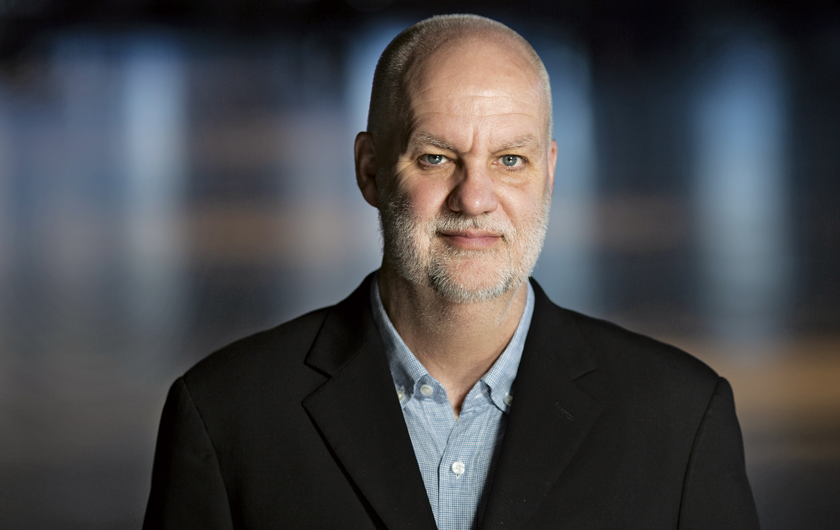A living will may not be enough to protect you when you can’t stand up for yourself. (The last article in a three-part series.)
By Olev Edur
Photo: iStock/AndreyPopov.
We began this series with an article discussing enduring powers of attorney (POA) primarily in the context of your financial affairs, and that is in fact their most common application, but it’s wise, as we are living longer and longer, to appoint a POA for personal and health care, as well.
“You really need two documents—a power of attorney for property and a power of attorney for personal care,” says Melanie McDonald, the vice-president and regional director of trust and estate services at BMO Trust in Calgary. “With a power of attorney for property, the appointed person could do banking, trade investments, even sell the house; with a health or personal care POA, a person can make certain life decisions if the [afflicted] person can’t deal with them.”
Some people believe that a living will (or advance directive, advance health care directive, or personal directive, depending on province) is the same as a personal care POA—indeed, these various terms are sometimes used interchangeably—but a living will is not a POA. Failure to recognize the differences can mean the wishes in the living will you have created will be unenforceable and your fate may instead be decided by the doctors who are treating you, as they see fit.
“A Power of Attorney for Personal Care is a legal document in which you name a specific person to make personal care decisions on your behalf,” reads an article on legalline.ca. “Personal care can include decisions about many things, such as health care, medical treatment, diet, housing, clothing, hygiene, and safety. In contrast, a living will sets out only your wishes about your health care and it does not need to name anyone to act on your behalf…. In particular, a living will lets you decide whether you want to be kept alive by medical machines if it is unlikely that you will recover.”
“Living wills are generally for end-of-life decisions, such as treatments that should not be allowed,” McDonald says. “You still need a POA for all other decisions. The living will can be included in that document or it can be stand-alone. You always want to have the POA, and you can add the living will to that.”
As with a POA for finance, the rules and procedures vary somewhat by province.
“Depending on where you live, these documents may be called powers of attorney, personal or health directives, representation agreements, or mandates,” an article on the Employment and Social Development Canada website states.
The Ontario government’s Office of the Public Guardian and Trustee website notes, for example, that if you become mentally incapable of making health care or personal care decisions yourself, doctors and others must get consent from your “substitute decision-maker” (SDM): “While you are still mentally capable, you can choose who your SDM will be by naming them in a special document called a power of attorney for personal care (POAPC).
“You can, however, write your treatment wishes (an ‘advance directive’) as part of your POAPC so that you can be sure your attorney is aware of them,” the website continues. “An advance directive just addresses your treatment and personal care wishes and does not need to name anyone or be written in any specific way.”
Saskatchewan uses what’s called an advance care directive, defined as “a legal document that helps your proxy or substitute decision maker and health care team understand your choices for resuscitation and other health care treatments…. When you are not able to make health care decisions, The Health Care Directives and Substitute Health Care Decision Makers Act requires your proxy(s) or substitute decision maker (SDM) to make all your health care decisions based on your known wishes (or best interests when wishes are unknown).” But you still need a POA to authorize that proxy or SDM.
Alberta, on the other hand, rolls the two documents into a single personal directive: “A personal directive is a legal document that you write in case you can’t make your own personal decisions in the future,” according to the province’s website. “The document names a person or people you’ve picked to act on your behalf as an agent or agents to make personal decisions for you if you’re found to lack capacity. Your instructions can be about any or all personal matters that are non-financial, such as medical treatments you would or wouldn’t want; where you’d like to live; who you’d like to live with; and choices about other personal activities.”
As with a POA for property, difficulties can arise with one for personal care as well as with living wills. Anticipating potential problems, for example, Saskatchewan’s online health care directive includes the following proviso: “If I should happen to be under the care of a physician who cannot respect my wishes as expressed in this document, I direct that the physician withdraw from my care and that I be placed under the care of another physician who will respect my views. Similarly, I direct that I will be transferred to another hospital if necessary to honour the directions in this document.”
As with a POA for finance, other problems with wording and definitions can arise. As a result, regardless of where you are and what you’d like done (or not done) in the event of incapacity, a lawyer’s input is recommended.






